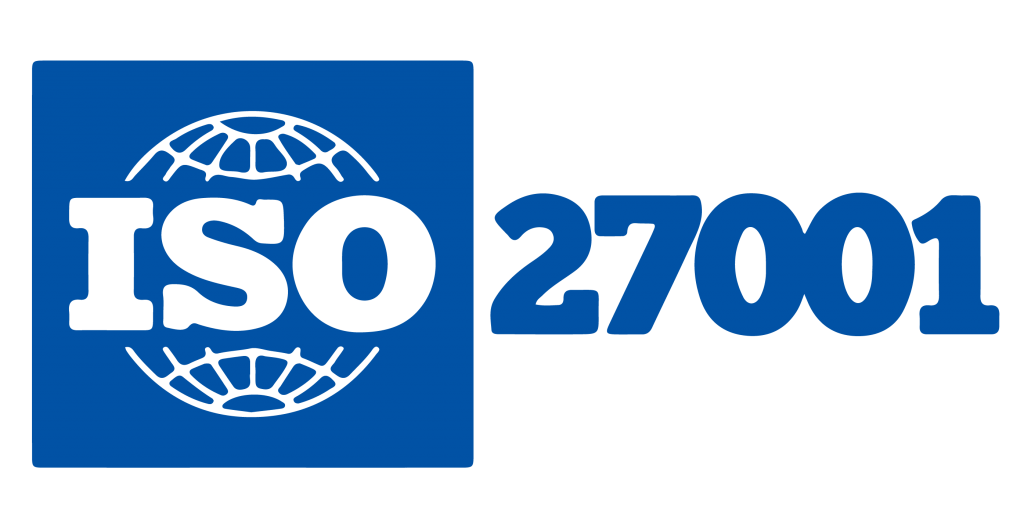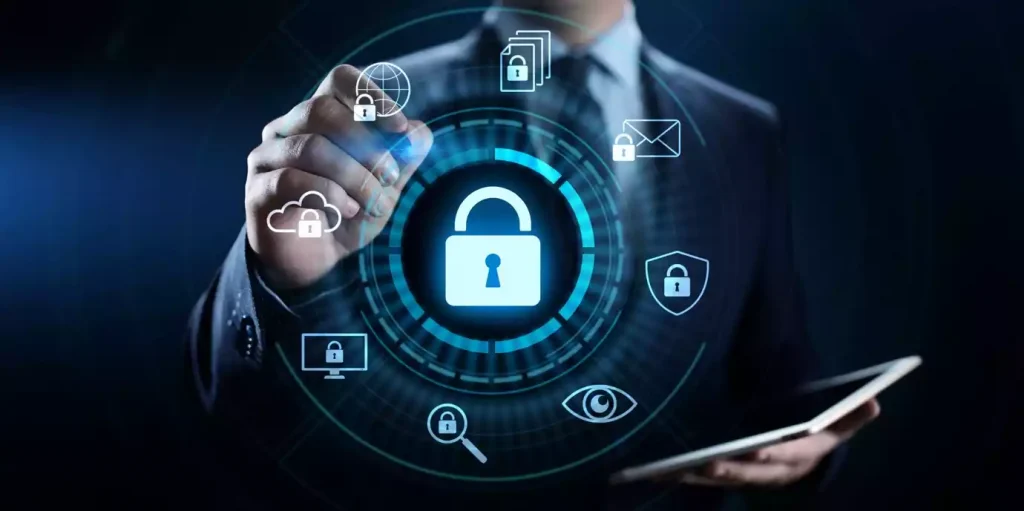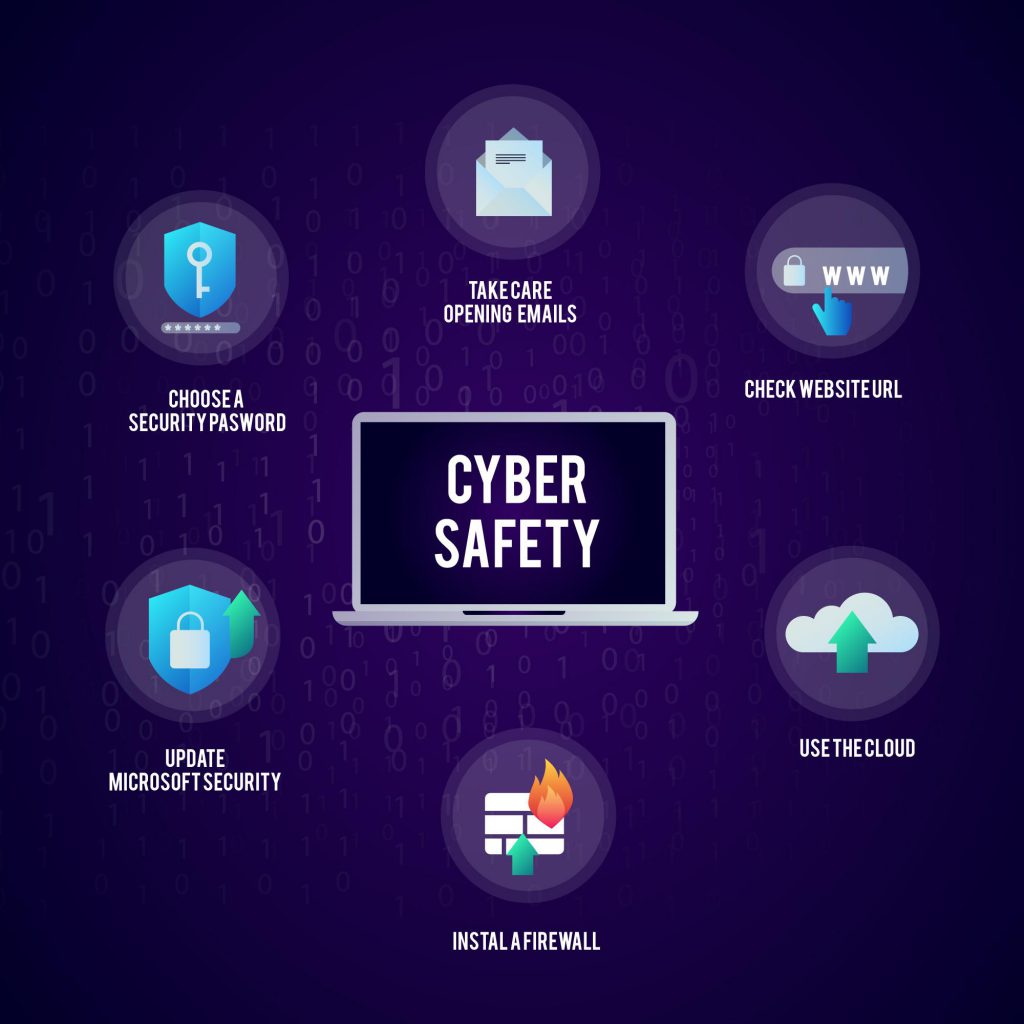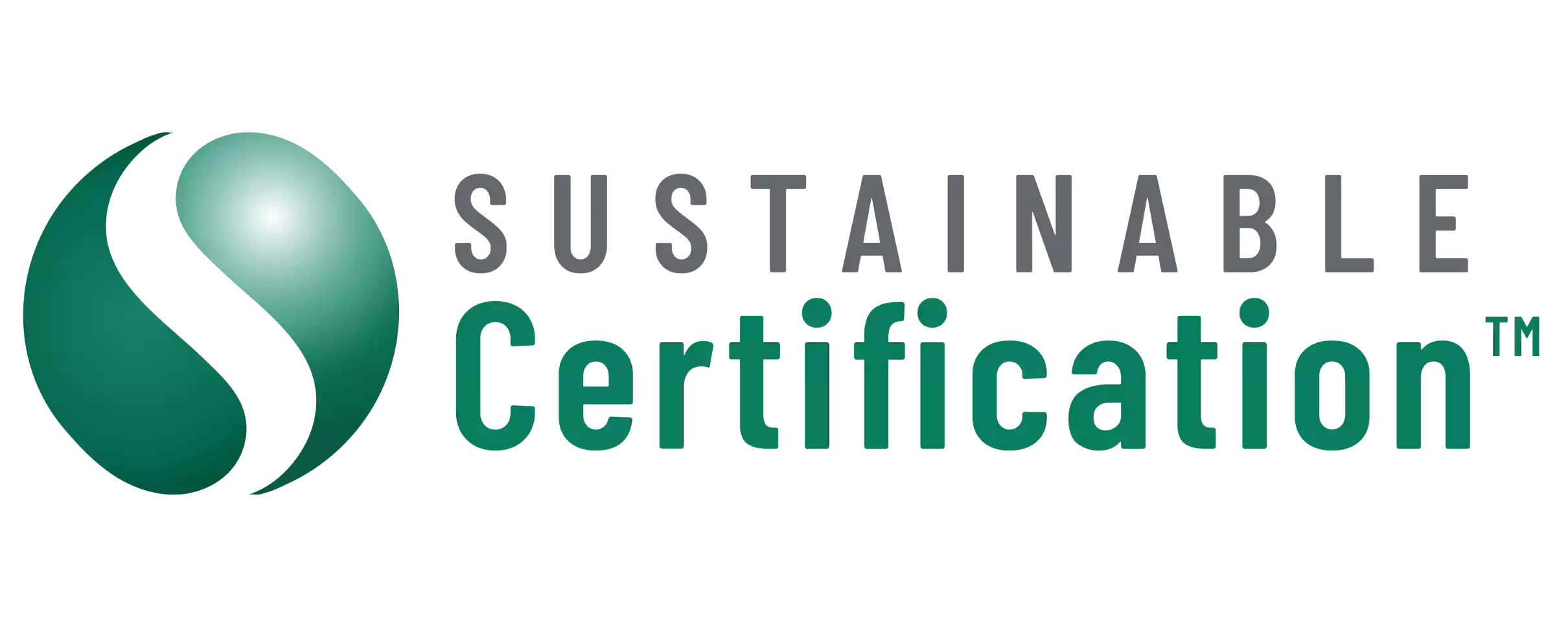Why ISO 27001 Certification Matters for SaaS Companies in 2025
Cloud-based service providers operate in an environment of rapid innovation and elevated security risks. With high volumes of sensitive data processed daily, businesses must prove that robust protection measures are in place.
Implementing an Information Security Management System (ISMS) aligned with ISO 27001 provides a structured, risk-based approach to safeguarding digital assets.
This article explores why ISO 27001 certification is essential for modern SaaS providers, what the standard covers, and how it builds stronger security, compliance, and trust.

What Is ISO 27001 and Why Does It Matter for SaaS?
ISO 27001 is the international standard for establishing and maintaining an effective Information Security Management System. It provides a clear framework for assessing risk, applying controls, and ensuring continuous improvement in how information is protected.
The standard is designed to be adaptable, scalable, and applicable across all industries including the fast-paced world of SaaS. By aligning with ISO 27001, businesses can demonstrate that their security practices meet global benchmarks for confidentiality, integrity, and availability of information.
Benefits of ISO 27001 Certification for SaaS Companies
ISO 27001 certification delivers tangible advantages for SaaS companies that rely on cloud environments to process and store customer data. Implementing an ISMS based on this standard enhances resilience, assures compliance, and supports long-term business growth.
Below are key benefits for SaaS providers adopting ISO 27001.
1. Stronger Risk Management
ISO 27001 helps SaaS organisations assess vulnerabilities, respond to threats, and reduce the likelihood of incidents. A certified ISMS ensures risk is continuously identified and treated using structured processes.
2. Compliance with Global Standards
For SaaS providers handling personal or financial data, ISO 27001 supports alignment with privacy and data regulations such as the GDPR and Australian Privacy Act. This reduces the chance of penalties or contract disqualification.
3. Competitive Advantage in Procurement
Achieving ISO 27001 certification assures enterprise and government clients that your platform meets high standards for security and compliance. This is especially important when bidding for tenders or onboarding new customers.
4. Better Operational Efficiency
An ISMS uncovers process inefficiencies, eliminates duplication, and standardises documentation. It ensures your team operates within defined, risk-based procedures that support internal governance.
5. Ongoing Security Maturity
The ISO 27001 framework supports continual improvement. Regular audits, reviews, and training keep your SaaS platform in line with current cyber threats and industry best practices.
Together, these benefits position SaaS companies for secure growth, confident client engagement, and long-term market competitiveness.

Why ISO Certification for SaaS Supports Scalable Growth
ISO 27001 certification for SaaS platforms strengthens readiness for scale. As SaaS providers grow, securing larger clients, entering new markets, or attracting investors becomes a priority.
Key advantages include:
- Procurement Compliance
Enterprise and government clients often require ISO 27001 certification during vendor evaluation. Being certified speeds up procurement approvals.
- International Credibility
ISO 27001 is recognised globally, making it easier to demonstrate compliance across jurisdictions.
- Investor Confidence
Certification demonstrates security maturity, reducing friction during due diligence and supporting capital raises or acquisitions.
- Platform for Broader Compliance
ISO 27001 provides the framework to adopt related standards, such as ISO 27701 for privacy and ISO 22301 for business continuity.
If you’re considering certification, start with providers who understand SaaS environments and can scale with your business.
Learn why many organisations partner with Sustainable Certification by visiting this page.

Support & Practical Tools
ISO 27001 certification helps SaaS companies build stronger security frameworks, improve risk oversight, and meet stakeholder expectations. A well-managed ISMS supports operational resilience and ongoing compliance across changing threat environments. To see how other SaaS companies have implemented ISO 27001 with success, explore our case studies.
FAQ
Is ISO 27001 certification mandatory for SaaS companies in 2025?
ISO 27001 certification is not legally mandatory in most jurisdictions. However, in 2025, enterprise clients, government tenders, and global contracts increasingly require proof of ISO 27001 compliance as a baseline security standard. For SaaS providers, it has become a commercial necessity to compete in regulated or security-conscious markets.
How long does it take for a SaaS company to achieve ISO 27001 certification?
The timeline depends on business size, complexity, and existing maturity of security controls. A typical ISO 27001 certification process for a small to mid-sized SaaS provider takes three to six months, assuming dedicated internal resources and external audit readiness.
What are the biggest ISO 27001 compliance challenges for SaaS providers?
Common challenges include aligning controls to multi-tenant architectures, managing cloud-based risks, documenting supplier relationships, and maintaining continuous internal audit readiness. Misalignment between platform engineering and compliance teams can also delay certification.
Does ISO 27001 certification cover cloud infrastructure providers like AWS or Azure?
No. ISO 27001 certification applies to the organisation’s own ISMS, not the cloud provider. However, SaaS companies must demonstrate how they manage risks associated with third-party infrastructure. This includes contractual agreements, access controls, monitoring, and secure data handling.
Can startups and early-stage SaaS companies achieve ISO 27001 certification?
Yes. ISO 27001 is scalable and can be implemented in lean environments. Startups benefit from early adoption by embedding security governance from the outset and avoiding future retrofitting. Certification also strengthens credibility when pursuing funding or enterprise clients.
